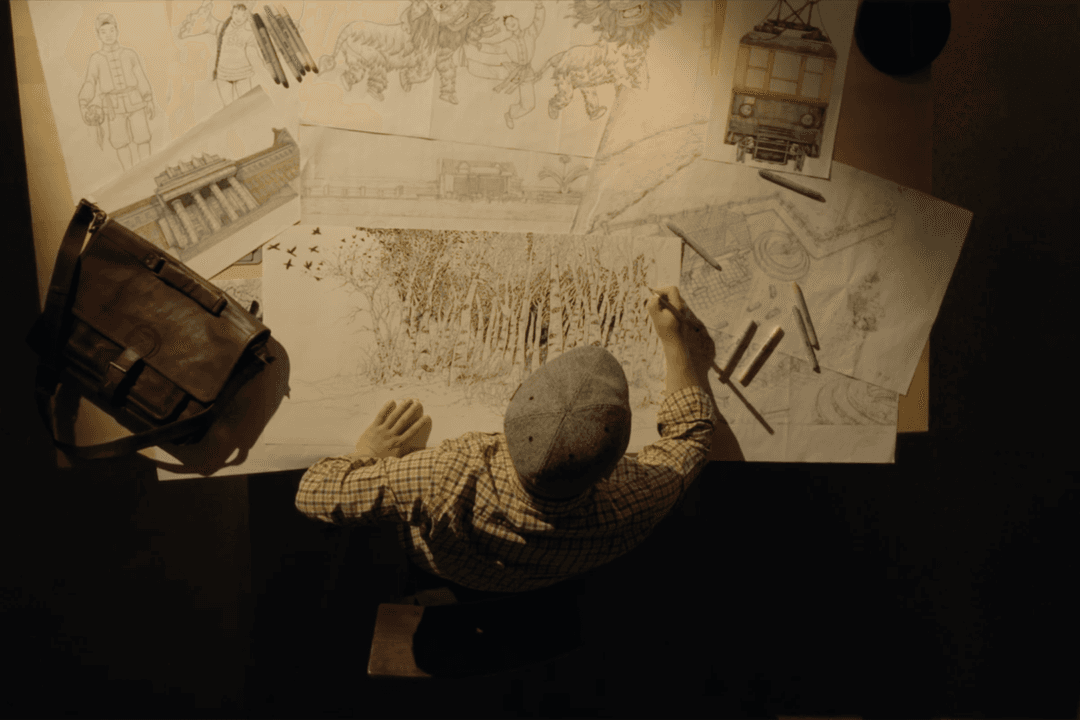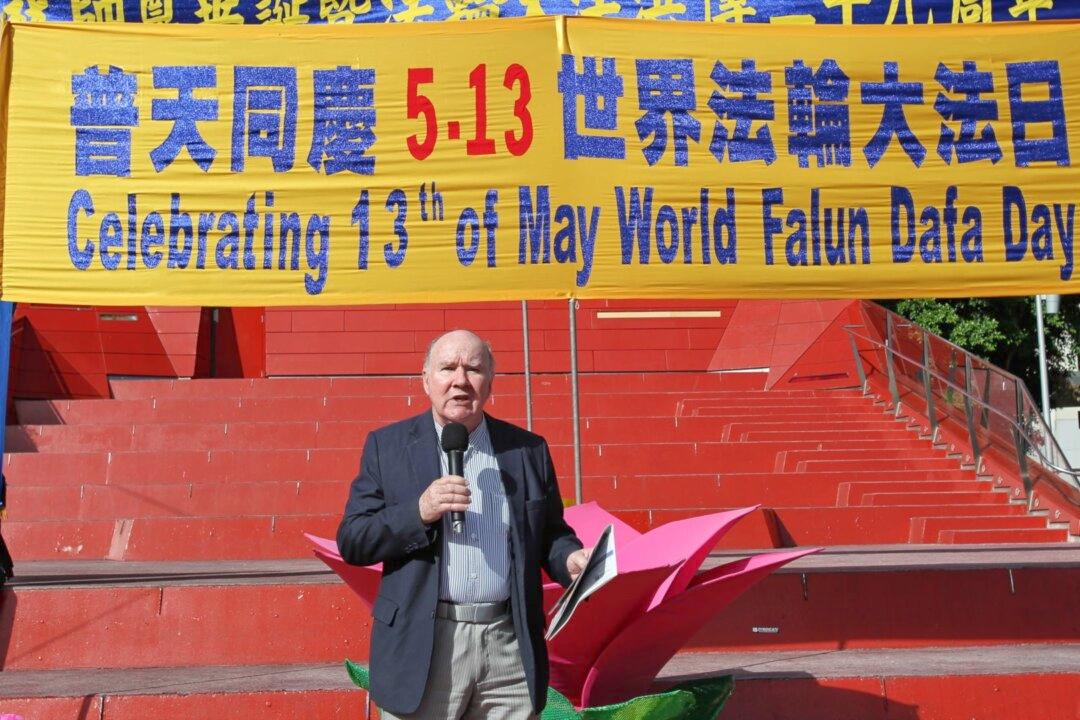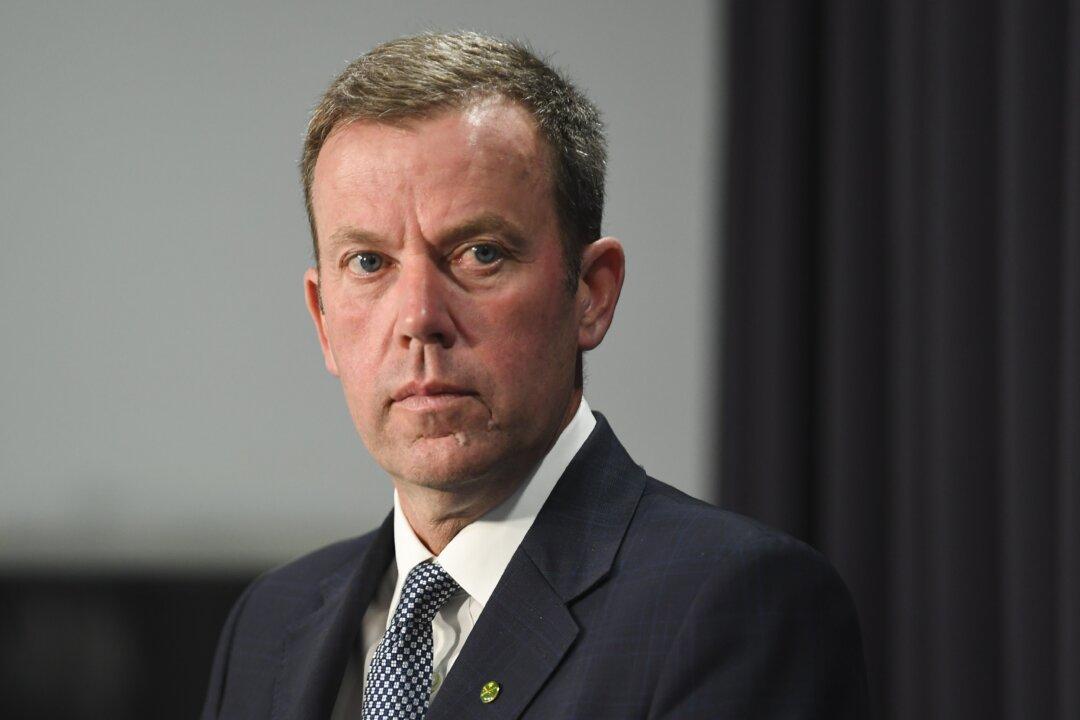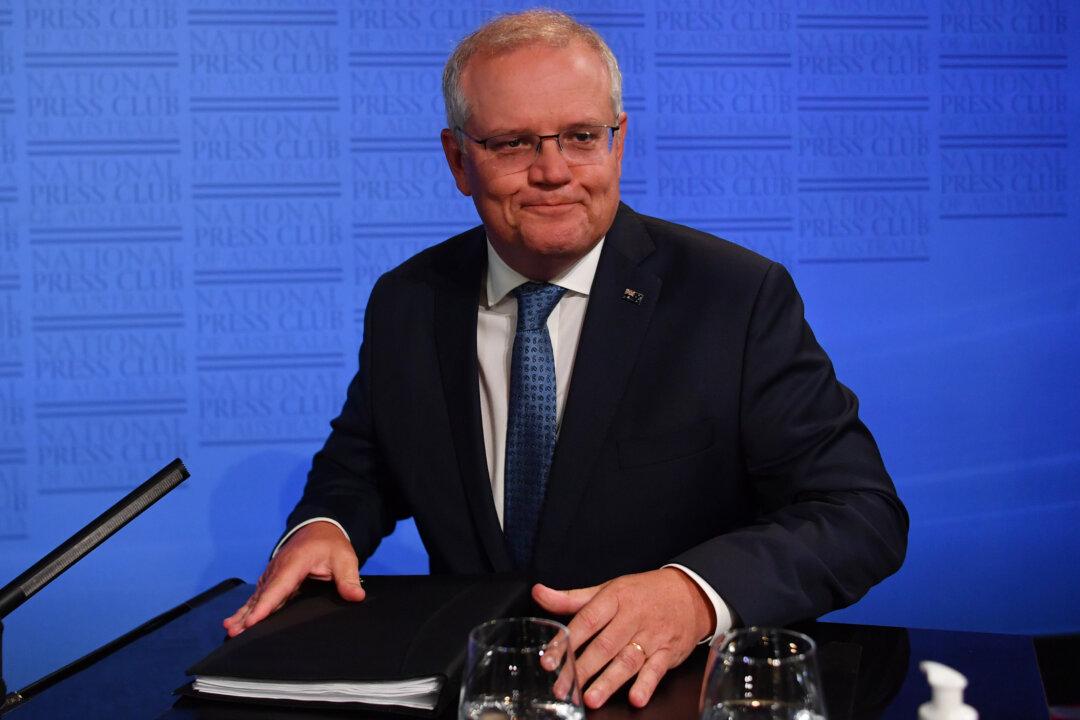Queensland and Western Australia will further ease border restrictions for visitors from Monday, according to updates from decisions made on Sunday morning.
Over the Christmas period, Australia’s states and territories reintroduced various travel restrictions in response to a CCP (Chinese Communist Party) virus outbreak in the suburbs of Sydney’s Northern Beaches, followed by, in Brisbane, a hotel cleaner contracting the highly infectious UK variant of the CCP virus, also known as coronavirus.





